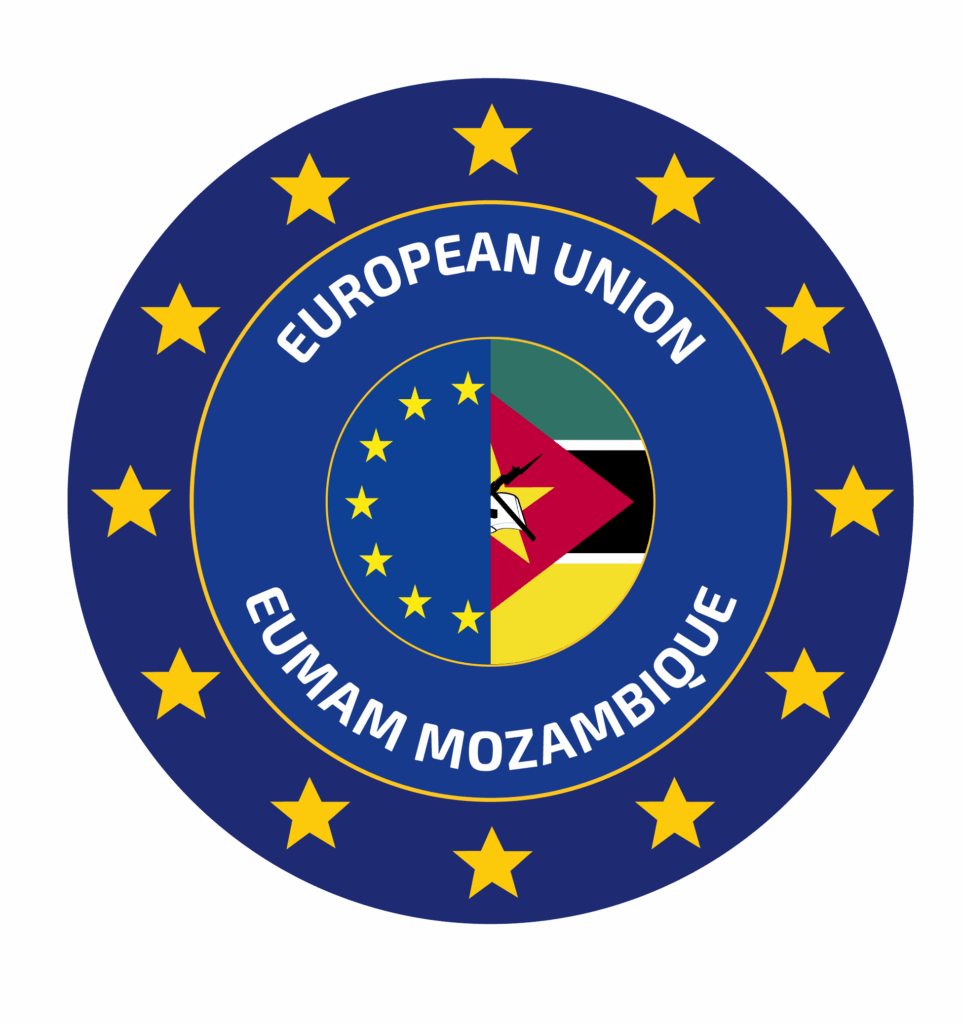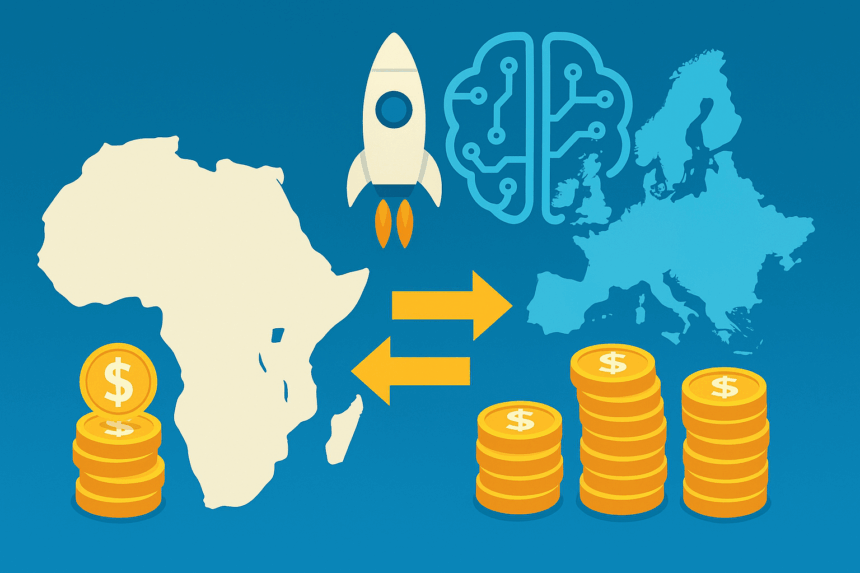Global Partnerships Fuel A Digital African Renaissance
A wave of technology and education investments between Africa and Europe is propelling the continent’s digital future. Recent partnerships between Zambia, Mozambique, and the European Union echo a shared mission: to create inclusive, tech-driven economies that empower youth, expand connectivity, and modernize education.
Across the continent, African governments are leveraging European expertise and funding to accelerate digital transformation. The deals are beyond infrastructure — they’re about building skills. They focus on strengthening innovation ecosystems and ensuring Africa’s digital rise benefits its citizens first.
What’s Happening & Why This Matters
Zambia Partners With Germany on Digital Education
The Zambian Ministry of Education signed a Memorandum of Understanding (MoU) with Twikatane eV/CDT Group Germany to enhance digital education, training, and innovation. The agreement, signed in Lusaka, focuses on skills development, teacher training, and technology-enabled learning. According to Dr. Kelvin Mambwe, Zambia’s Permanent Secretary for Education Services, the partnership will “unlock citizens’ potential through education and digital innovation.” This reinforces the New Dawn Government’s vision of human capital investment.

German partner Maria Branchetti emphasized that integrating European expertise into Zambia’s education system would “bring innovative practices and advanced digital learning methodologies.” This aligns local education with global standards.
The collaboration strengthens Zambia’s education system through digital inclusion, cross-cultural knowledge exchange, and international cooperation. It positions the nation as a model for tech-driven educational reform in Africa.
Mozambique, EU Sign Digital Partnership
Meanwhile, Mozambique and the European Union sealed a strategic digital partnership in Brussels. This is one of the EU’s most comprehensive African collaborations in the tech sector.

The partnership focuses on digital infrastructure, connectivity, and regulatory alignment. It enables Mozambique to expand broadband access and attract European investment in ICT. Additionally, it aligns with the EU’s Global Gateway Initiative, which channels billions into digital projects across Africa.
Mozambique’s Minister of Transport and Communications, Mateus Magala, said the deal “represents a bridge of innovation and opportunity” between Europe and Africa. EU Commissioner Jutta Urpilainen called the agreement “a milestone for digital cooperation that advances both economic and social goals.”
This partnership mirrors the EU’s growing recognition that Africa’s digital economy — expected to reach $712 billion by 2050, according to the African Union — is central to future global trade and innovation.
Ericsson, e&, and the African Connectivity Push

Telecom giants are also joining the movement. Ericsson and e& Group (formerly Etisalat) recently announced new collaborations with African nations. They aim to boost 5G infrastructure, cloud services, and IoT networks.
The partnerships are helping countries leapfrog legacy systems, connecting millions who were previously offline. By merging private-sector innovation with public-sector vision, Africa’s digital transformation is gaining real momentum.
European Ministers Push for Digital Safety
At the same time, 25 EU member states — led by Denmark — signed the Jutland Declaration to strengthen child protection online.
While primarily focused on European users, the declaration influences Africa’s digital cooperation agenda too. Both regions share cybersecurity priorities. EU nations are committed to “stronger and more targeted protection” for minors online. They are calling for age verification systems and stricter platform oversight under the upcoming Digital Fairness Act.
As African nations expand internet access, these European frameworks are shaping the standards for data privacy, online safety, and content regulation. This ensures Africa’s digital rise is both inclusive and secure.
TF Summary: What’s Next
The Africa-Europe digital alliance is entering a decisive decade. These strategic partnerships show Africa isn’t just catching up — it’s becoming a global tech leader. With Germany and the EU pouring expertise into education, connectivity, and digital governance, African countries are transforming into hubs of innovation. They become centres of entrepreneurship and digital talent.
MY FORECAST: Expect future deals to include AI-driven education, cross-border fintech, and green data centers. Europe sees Africa not just as a recipient of aid — but as a partner in digital progress. The next chapter of global innovation could very well be written between Lusaka, Maputo, and Brussels.
— Text-to-Speech (TTS) provided by gspeech


